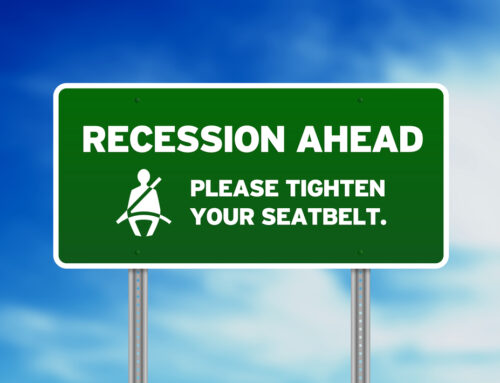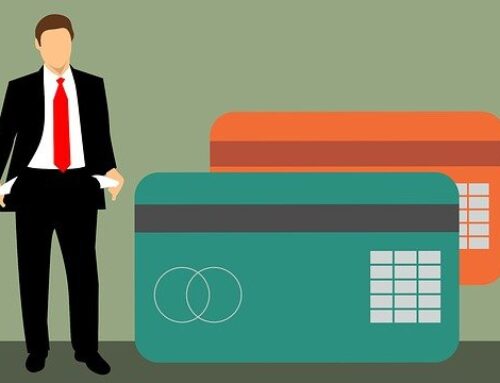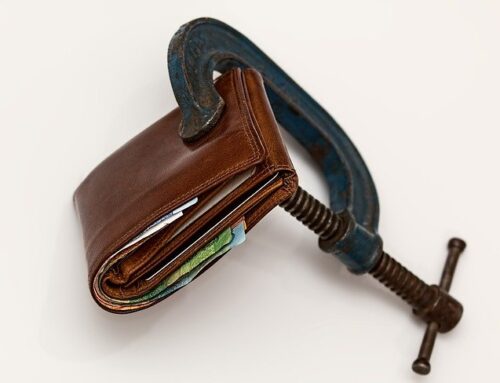One difficult feature of personal finance is to figure out a good way to use the money. For the Millennial generation, particularly, it is difficult to determine how to save big on a small budget. But, the important to lessening your spending is to cut back a small in every area, versus taking out big chunks of your budget all at once.
It can take some work in the beginning but you will find financial stress to decrease once you are capable of saving and paying off more of your debt. Here are 5 efficient ways to reduce your spending and increase savings.
Consider going to cash only
You can make all the budgets you need, but if you do not stick to them, they are nothing more than a Wishlist. One way to force yourself to live within your means is to switch to spending cash at least for a while. Switching to a cash-only system has some benefits.
Studies have shown people tend to spend less when they use cash because they obtain the visceral experience of seeing and feeling their money being spent.
And, if you do not use debt, you cannot spend above your means.
Set a Shopping Limit
Make it a habit to avoid purchasing things on impulse. If you find yourself wanting something costly at the mall, wait a day or 2 and see if you are still thinking about it. And in the meantime, look online for printable coupons or promo codes from coupon apps you can apply to save money on the purchase.
Always shop with a list
Another way to avoid impulse purchases is to make a list of items you need to buy and then stick to the list. You may do this at the grocery store, but when you shop for other things. If you are hitting the mall to purchase a pair of shoes or a new belt for work, write down what you are going to buy, and do not buy other things you see. Keeping a list of big upcoming sales can be helpful to save.
Make Meals at Home
It can be difficult to find the energy to make a meal after a long day at work. Begin with the habit of cooking a minimum of twice a week, if you eat out frequently, and slowly build up to 3 or 4 times a week. If that isn’t realistic for you, find time on Sunday to prepare dinners for the week. This way you will have a meal ready to go when you come home from work.
Set Short Term Financial Goals
Setting some attainable, short-term financial goals is the best way to stay motivated as you change your spending habits. Having these goals will continuously remind you of the reasons you are cutting back on expenses and making some sacrifices.
And, it is essential that your aims are specific. A generic goal like decrease spending on eating out is not going to cut it. Quantifiable goals, like I will decrease my spending on eating out from $200 a month to $100 a month give you a target to goal for, so you aren’t shooting in the dark.
A few short-term goals that can shift how you view and use money involve: saving 10 percent of every pay check into a separate account; sticking to a cash budget for 3 weeks; bringing lunch to work daily for a month rather than eating out. Irrespective of what your goals are, it is necessary that you keep them simple, make them attainable, and post them somewhere visible to remind you of what to aim for.
Time for credit repair?
We take pride in understanding your challenges and creating tailored solutions to help you succeed. Our team of credit specialists will work with the banks, lenders & debt collectors who have a stakeholder interest or involvement so that we can elevate both their score as well yours!







Leave A Comment